Using organic fertilizers is a great way to nourish your plants and enrich the soil without the use of synthetic chemicals. Homemade organic fertilizers are not only cost-effective but also environmentally friendly, promoting healthy growth and boosting the vitality of your garden. In this guide, we’ll share some easy-to-make homemade organic fertilizer recipes and tips to help your garden thrive.
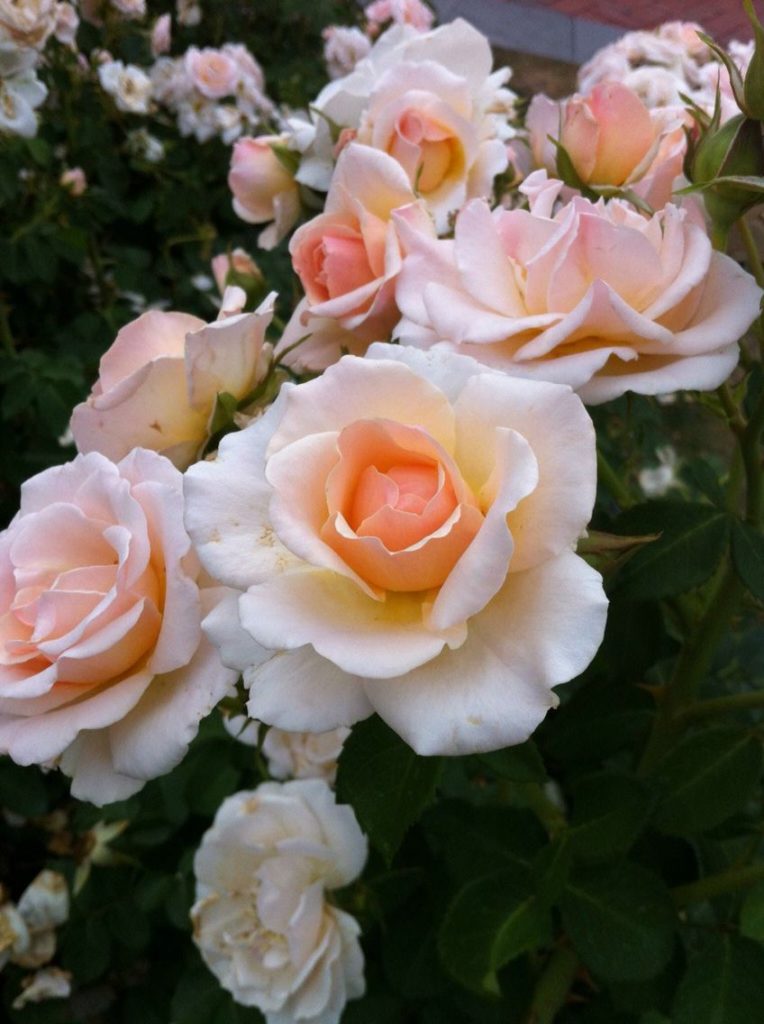
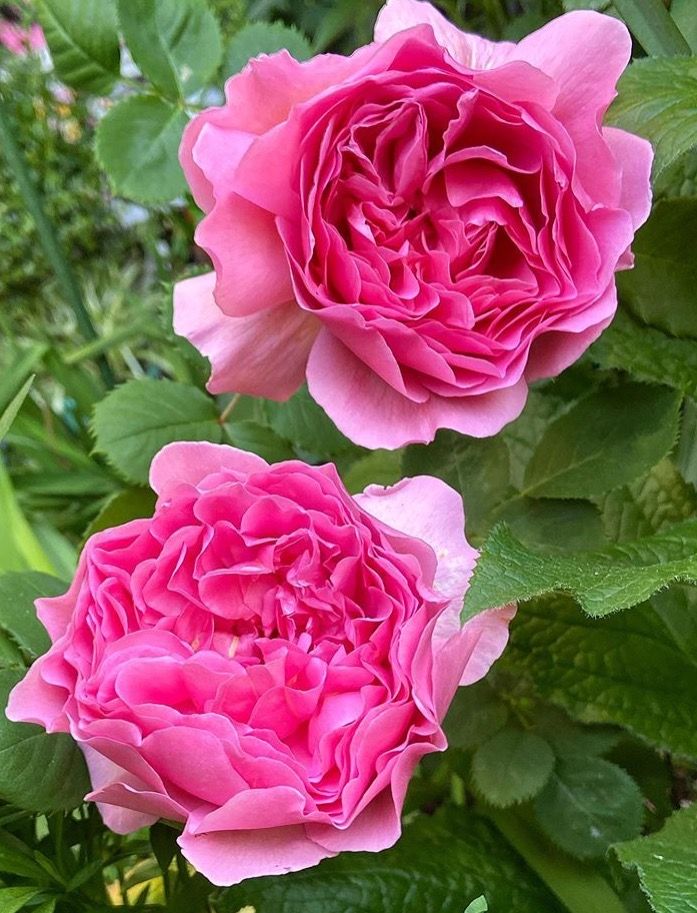
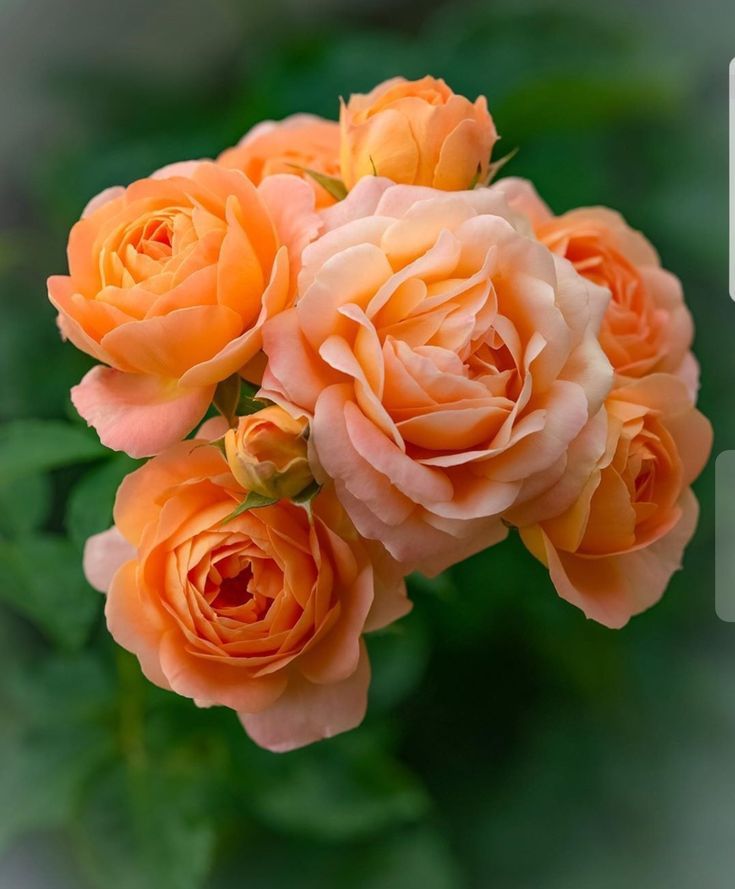
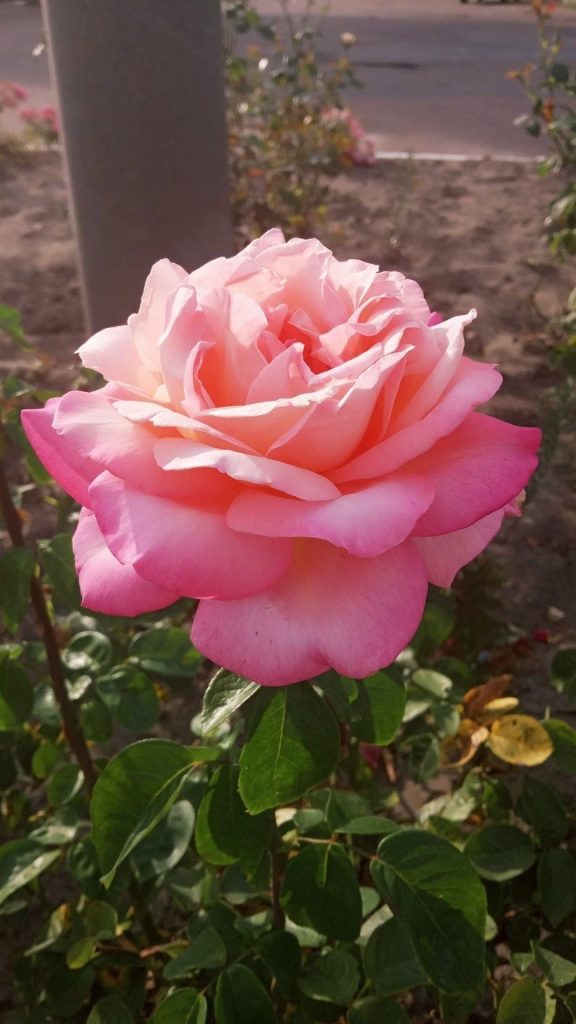
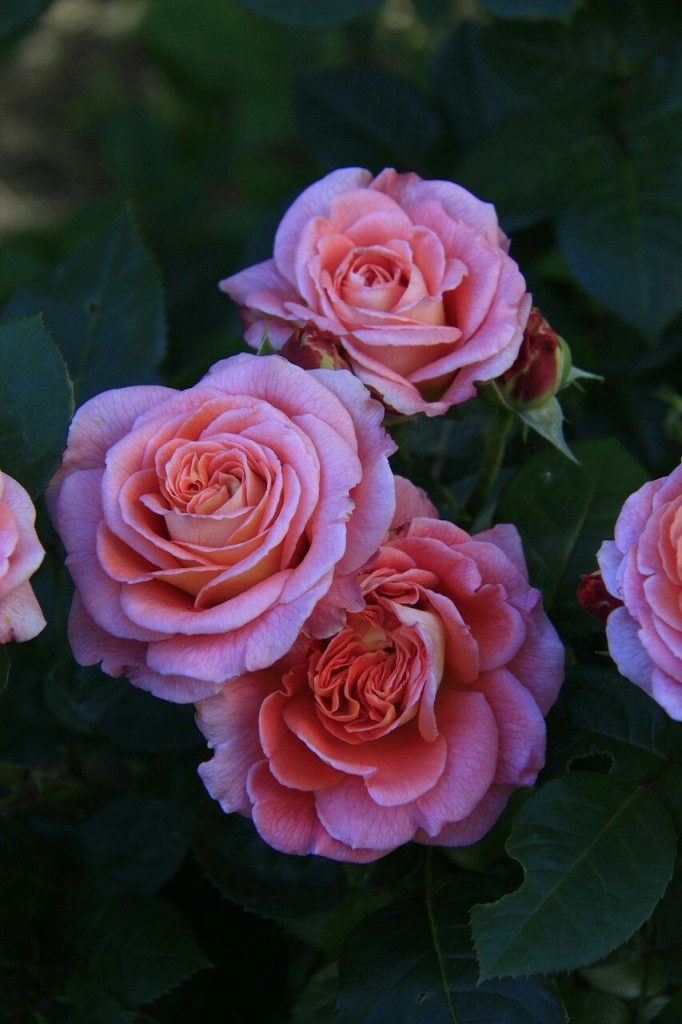
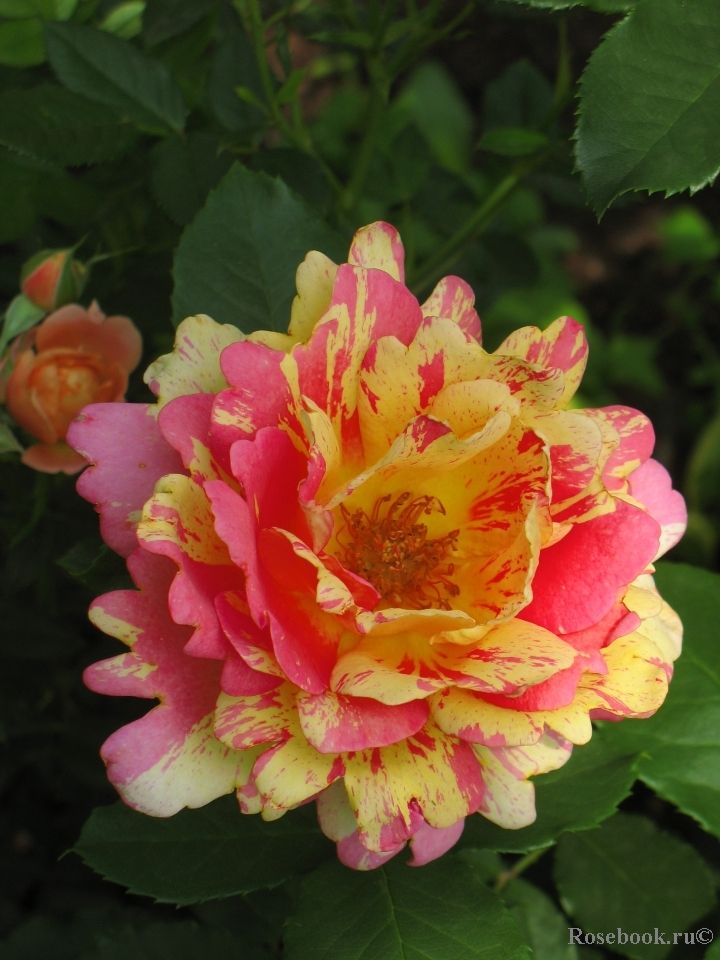
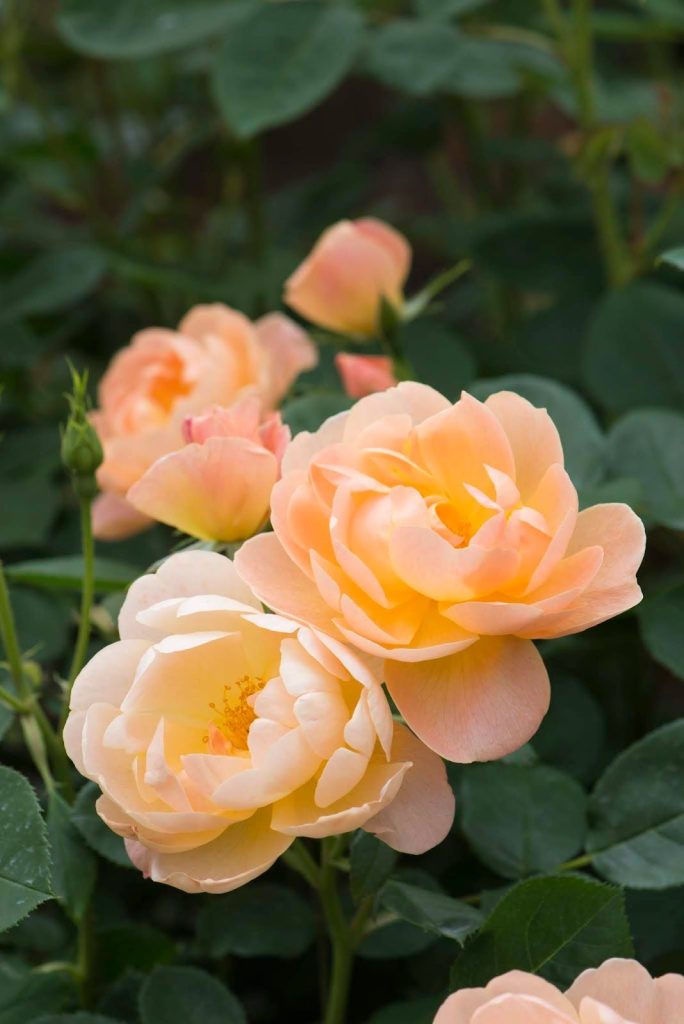
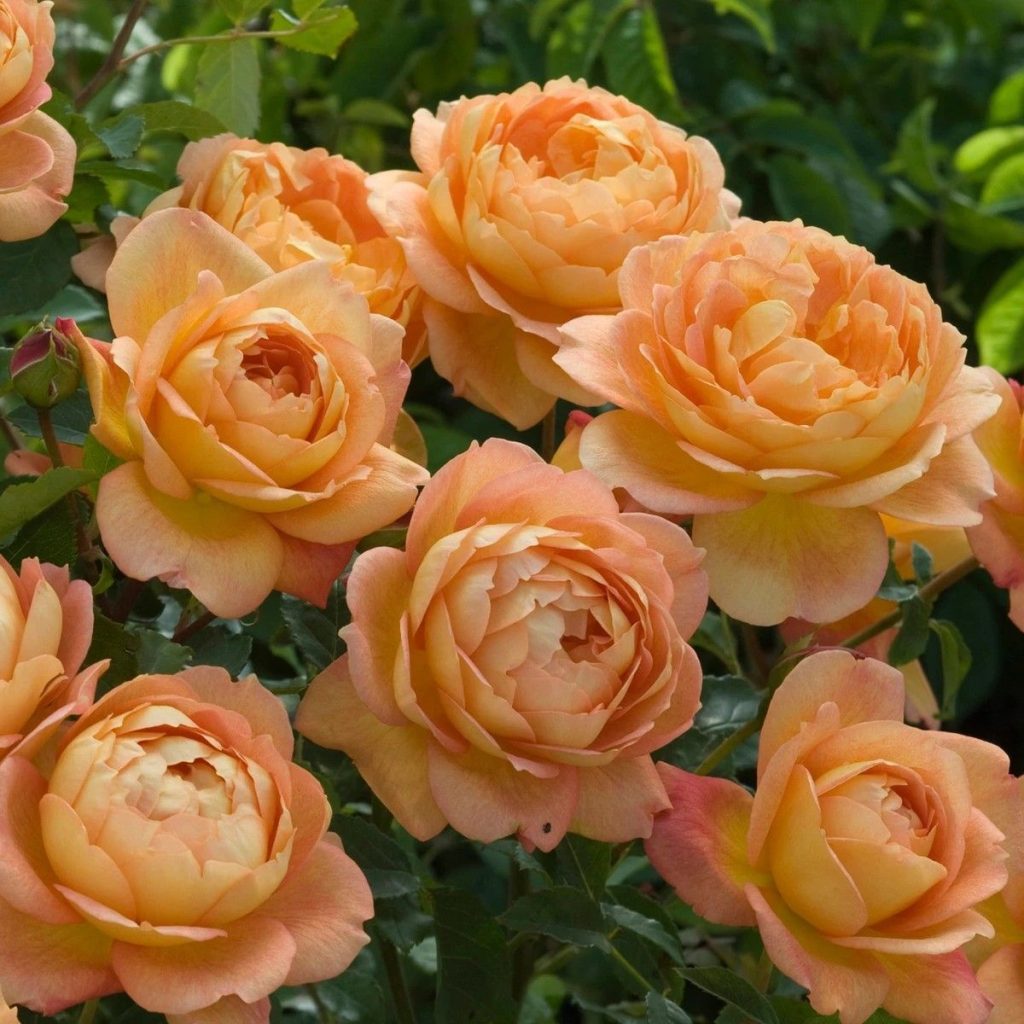
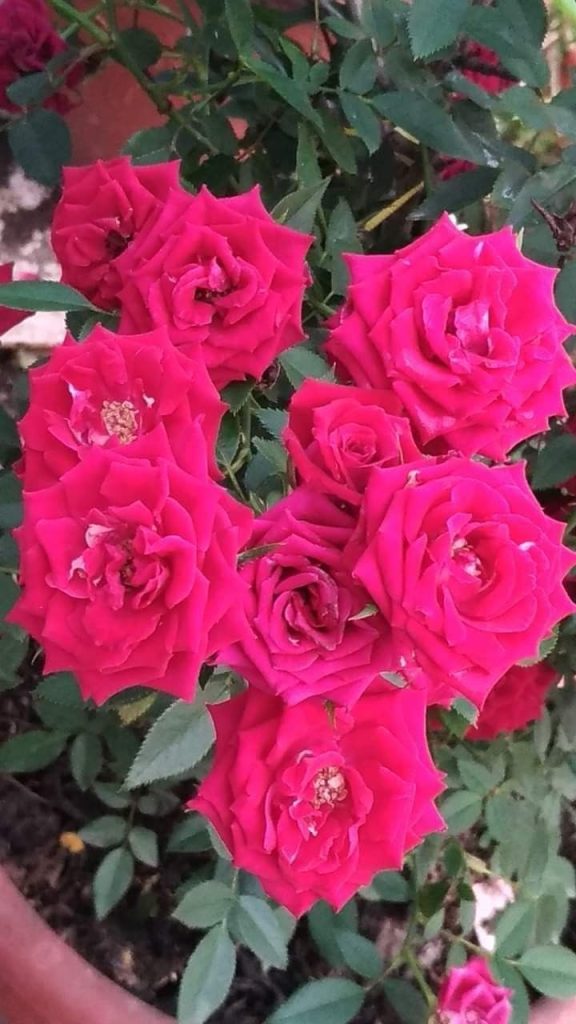
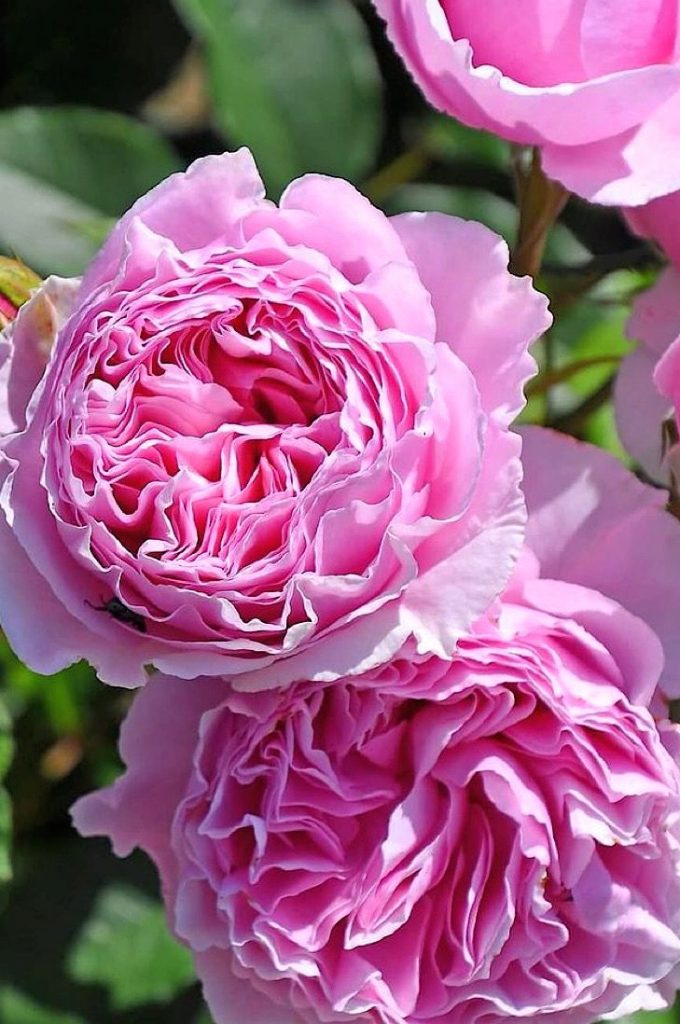
Benefits of Organic Fertilizers
Tip: Organic fertilizers improve soil structure, promote beneficial microbial activity, and provide a balanced mix of nutrients that are readily available to plants. Unlike synthetic fertilizers, organic fertilizers release nutrients slowly, reducing the risk of nutrient leaching and promoting long-term soil health.
Homemade Compost
Tip: Compost is often referred to as “black gold” for gardeners due to its nutrient-rich properties. You can make your own compost by combining kitchen scraps, yard waste, and other organic materials in a compost bin or pile. Turn the compost regularly to aerate it and speed up the decomposition process. Use the finished compost to enrich your soil and feed your plants with a balanced mix of nutrients.
Manure Tea
Tip: Manure tea is a nutrient-rich liquid fertilizer made from aged animal manure. To make manure tea, place aged manure in a cloth bag or old pillowcase and steep it in a bucket of water for several days. Use the strained liquid as a liquid fertilizer for your plants, diluting it with water as needed to avoid over-fertilizing.
Fish Emulsion
Tip: Fish emulsion is a quick-acting organic fertilizer made from fish waste. You can purchase fish emulsion from garden centers or make your own by blending fish scraps with water in a blender. Use fish emulsion as a foliar spray or soil drench to provide plants with a quick boost of nutrients.
Bone Meal
Tip: Bone meal is a slow-release organic fertilizer rich in phosphorus, essential for root development and flowering. You can make bone meal at home by grinding up bone scraps or purchase it from garden centers. Incorporate bone meal into the soil when planting or sprinkle it around the base of established plants to promote healthy growth.
Eggshell Fertilizer
Tip: Eggshells are rich in calcium, which is essential for plant growth and development. Crushed eggshells can be added to compost or directly to the soil as a slow-release calcium fertilizer. Rinse eggshells, crush them into small pieces, and sprinkle them around the base of plants or incorporate them into the soil to provide a steady supply of calcium.
Alfalfa Meal
Tip: Alfalfa meal is a natural fertilizer rich in nitrogen, potassium, and trace minerals. You can purchase alfalfa meal from garden centers or feed stores or make your own by grinding up dried alfalfa hay. Sprinkle alfalfa meal around the base of plants or incorporate it into the soil to provide a balanced mix of nutrients.
Tips for Using Organic Fertilizers
- Test Your Soil: Before applying any fertilizer, it’s essential to test your soil to determine its pH and nutrient levels. Adjust your fertilizer applications based on the soil test results to meet the specific needs of your plants.
- Apply Fertilizers Sparingly: Over-fertilizing can lead to nutrient imbalances and may harm your plants. Follow the recommended application rates and avoid applying fertilizers too close to plant roots to prevent burning.
- Water After Application: After applying organic fertilizers, water your plants thoroughly to help nutrients penetrate the soil and reach plant roots more effectively.
Conclusion
Homemade organic fertilizers are a fantastic way to nourish your plants and improve soil health naturally. Whether you prefer compost, manure tea, fish emulsion, bone meal, eggshell fertilizer, or alfalfa meal, there are plenty of options to choose from to meet your gardening needs.
Experiment with different homemade organic fertilizer recipes and find what works best for your garden. With a little creativity and effort, you can create a thriving garden that’s both beautiful and bountiful, all while promoting sustainability and environmental stewardship. Happy gardening!